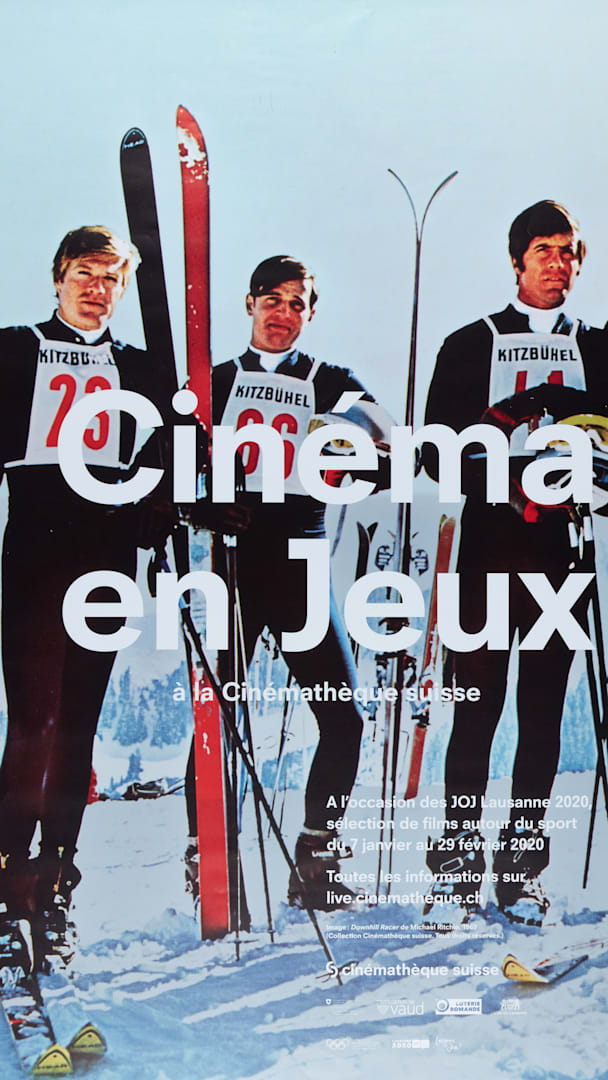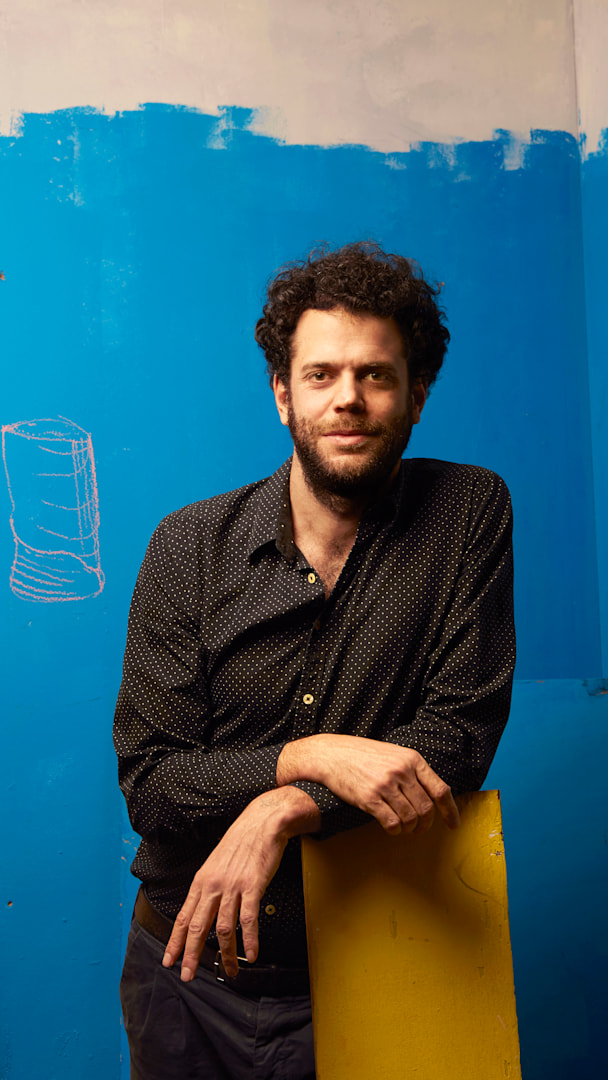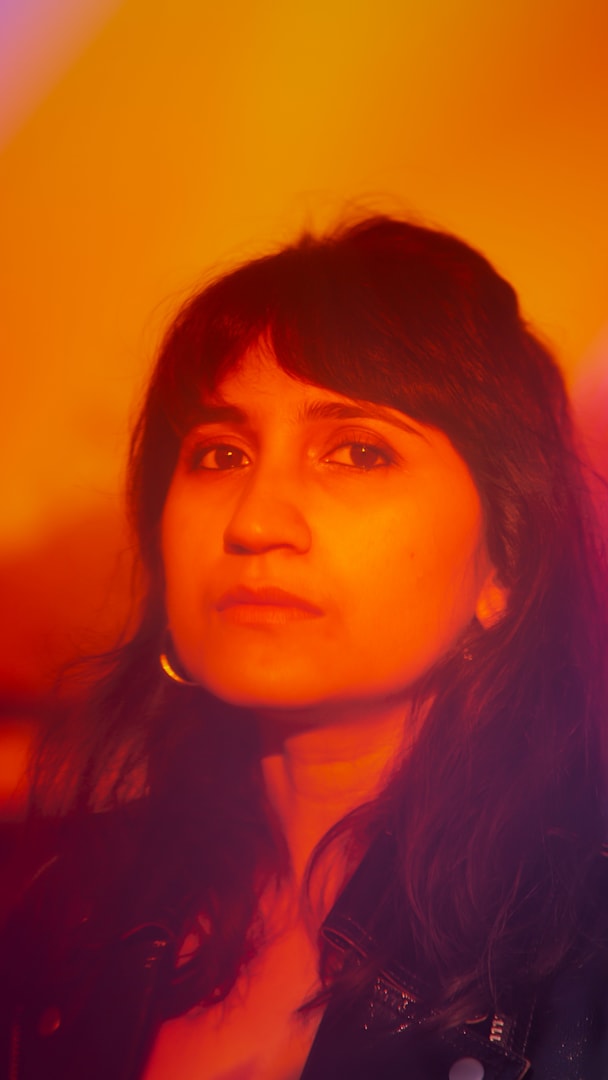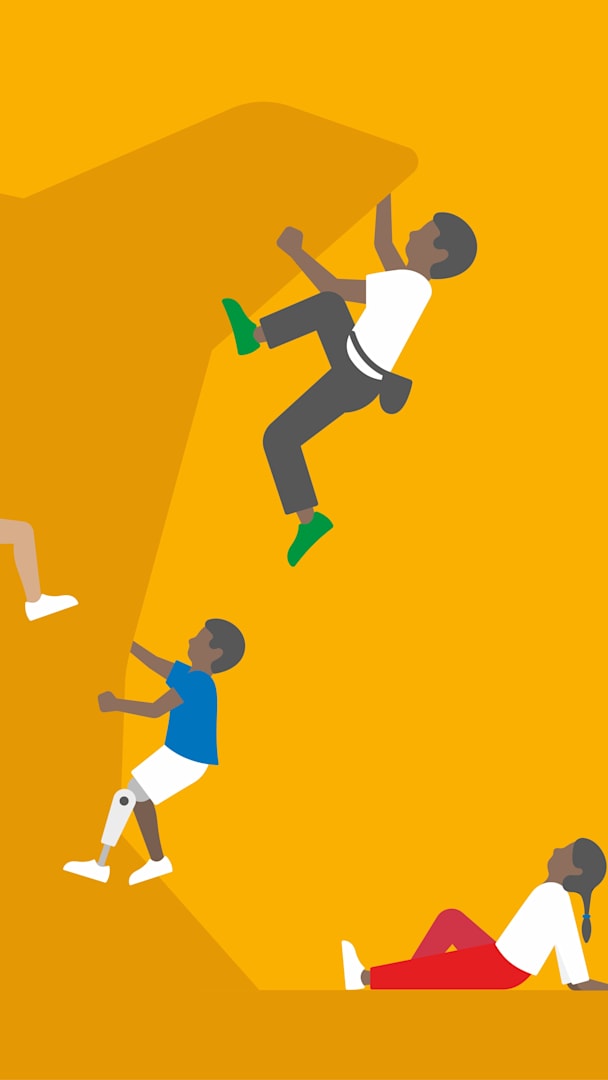IOC strengthens cultural ties with India
IOC strengthens cultural ties with India through film, photography and Olympic values education
(Article only available in English) Ahead of the 141st IOC Session to be held in India, the Olympic Museum brings a myriad of Olympic culture initiatives to Mumbai, Delhi, Odisha and Assam. From an Olympic film festival and a fine art photography exhibition to Olympic values educational programming with big results, here’s how art, culture and education can help build a better world through sport.
Olympics in Reel Life – A Festival of Films and Photographs, opening in Mumbai on 1 October, is the newest IOC project engaging Indian audiences. The two-week retrospective is presented in partnership with the Film Heritage Foundation (FHF) that showcases the rich heritage, art and culture of the Olympic Games in still and moving imagery.
The festival will feature two weeks of screenings, exhibitions and artistic workshops at the prestigious National Centre of the Performing Arts (NCPA) in Mumbai from 1-7 October and at the India International Centre (IIC) in Delhi from 8-14 October.
“Art and sport have been intertwined since Pierre de Coubertin envisioned the modern Olympic Games,” said Angelita Teo, Director of the Olympic Museum. “Film and photography invite us to experience the diverse cultural perspectives that people around the world bring to the Games. It is my hope that these powerful works inspire our friends in India to continue to embrace Olympism every day, especially as we look ahead to the Olympic Games Paris 2024.”
A total of 33 Olympic films by renowned filmmakers such as Kon Ichikawa, Milos Forman, Carlos Saura, Claude Lelouch and John Schlesinger are slated for screening. An additional 10 Olympic Channel series were selected to provide a contemporary contrast to the historic films and highlight India’s journey through the Olympic Games. The curated programme reflects not only remarkable sporting achievements, but also the shifting social, cultural and political sands over the past century.
“This festival is truly the first of its kind in India – a unique and rare opportunity to view a wide selection of masterpiece films and photographs selected from the rich heritage collections of the International Olympic Committee,” said Yasmin Meichtry, Associate Director of the Olympic Museum. “Yet Olympics in Reel Life goes far beyond a film and photography festival. At this intersection of art and sport, we can advance shared knowledge of Olympic history and values and inspire India on its Olympic journey.”
"Film Heritage Foundation is pleased to partner with the Olympic Museum for this first-of-its-kind festival,” said Shivendra Singh Dungarpur, Director of Film Heritage Foundation. “The programme is a feast for cinephiles, sports and history buffs, art enthusiasts and children alike, offering the opportunity to be immersed in some of the greatest sporting moments of Indian and international Olympic champions.”
The Olympics in Reel Life programme will also showcase select exhibitions of the Olympic Museum’s international photography initiative, Olympism Made Visible. Its combined works explore the power of sport as a tool for social development and change through the eyes of acclaimed photographers who work at the intersection of fine art and social documentary.
Two of the Olympism Made Visible photographers will be in attendance at the festival, presenting workshops and a moderated discussion: Dana Lixenberg, whose work focuses on peacebuilding through dialogue and play in Jordan, and Lorenzo Vitturi, whose photos centre around empowering young people in Cambodia through skateboarding and education.
Indian photographer Poulomi Basu is the most recently commissioned Olympism Made Visible artist. The festival will mark the worldwide debut of her colourful “Champions of Tomorrow” series, shot in Odisha in the summer of 2023.
“Sport, with its call to collective spirit and action, can be transformational,” said Basu. “I worked with schoolchildren to create these empowering, magical images through which the potential of young girls and boys is made visible when they gain access to safe spaces to practise sport.”
The themes in Basu’s art resonate with Beijing 2008 Olympic champion Abhinav Bindra and the legacy he has established through his non-profit organisation, the Abhinav Bindra Foundation.
“This initiative not only offers Indian audiences a glimpse into the rich history of the Games through archival films, but also unveils Poulomi Basu’s enchanting photographs from Odisha, capturing the transformative influence of sport on young people,” said Bindra. “The power of sport, combined with the spirit of the Olympics, can indeed illuminate countless young dreams.”
The Abhinav Bindra Foundation collaborated with the IOC to launch the Olympic Values Education Programme (OVEP) in May 2022 in the Indian state of Odisha. One of the first major IOC projects to be implemented in India, OVEP is a key initiative led by the Olympic Museum that advances the IOC’s Olympism365 strategy, which aims to increase access to sport and bring the health and societal benefits of physical activity to communities across the globe.
Within six months of launching OVEP in the state of Odisha, the results were remarkable. Some 25,000 girls got to play sports for the first time ever, and schools saw a 50 per cent increase in sports participation. By the end of 2022, OVEP reached 100,000 schoolchildren, and a 12 per cent average increase in school attendance was witnessed. The programme has now expanded to Assam, with the goal of reaching 45,000 more young people in the coming year.
Rishav Bhowmik, an IOC Young Leader and a sport rifle shooter, took part in the OVEP master trainers programme in Odisha. Rishav is now actively implementing OVEP in his own social project, SportxALL, supported by the IOC Young Leaders programme, which aims to provide free access to sport to underprivileged children in Rishav’s community in Kolkata, India.
Together, these projects are illustrative of the IOC’s focus on engaging new audiences through innovative ways – and how access to a variety of sports, cultural and educational programmes can lift up young people in communities in India and across the globe.
Verlinkt
Sub Title



